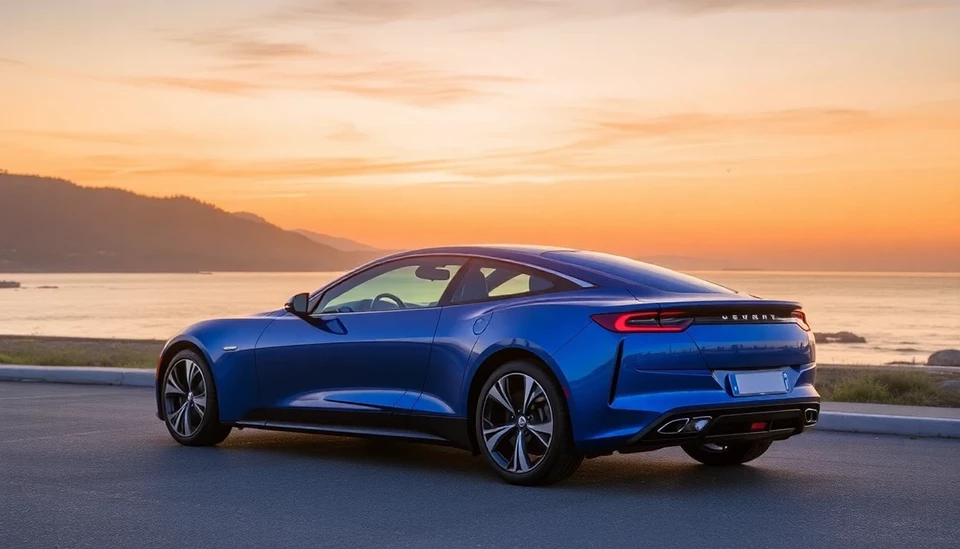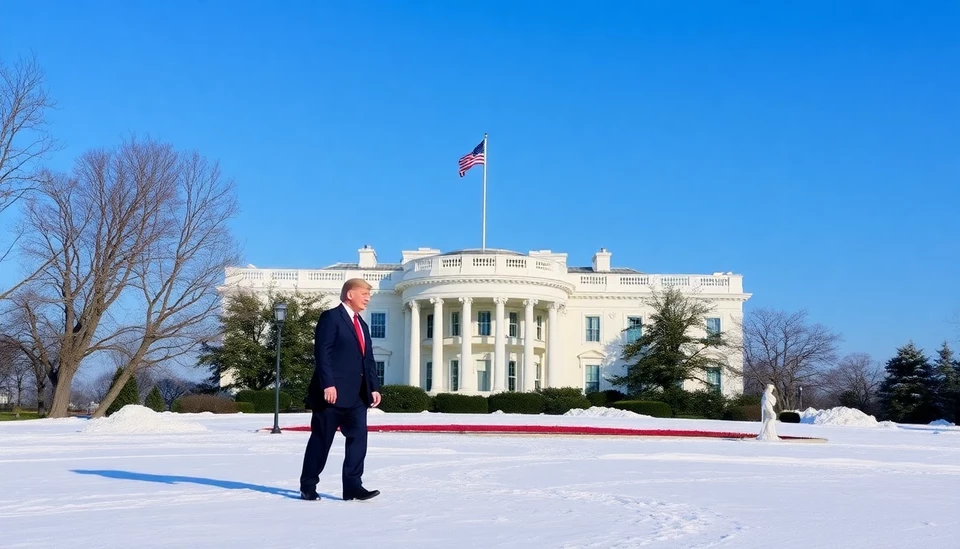
In a significant development for the electric vehicle (EV) market, major U.S. automotive manufacturers are lobbying for a gradual reduction of federal EV tax credits. This initiative reflects the industry's growing confidence in the EV sector and the need for a strategic transition that would allow automakers to adapt to changing market dynamics.
The push for phasing out these tax incentives comes as a response to increasing EV adoption rates across the United States, where consumer interest in sustainable transportation options has surged. Companies such as Ford, General Motors, and Tesla have been at the forefront of this shift, championing the benefits of EVs while also seeking to adjust the governmental policies that support their production and sales.
Currently, federal tax credits for electric vehicles can reach up to $7,500, providing significant savings for consumers making the switch to electric. However, as the EV market becomes more robust, automakers argue that the need for such incentives may diminish. They contend that a gradual phase-out would not only provide a more stable transition for both manufacturers and consumers but also stimulate further investment in innovative technologies aimed at reducing emissions.
Industry analysts suggest that the move to phase out tax credits over several years could allow manufacturers to better plan their production and marketing strategies. This approach would enable them to focus on enhancing the affordability and accessibility of electric vehicles, ultimately making them more appealing to a broader range of consumers.
Moreover, these discussions come on the heels of new legislative measures aimed at promoting sustainability and reducing reliance on fossil fuels. Automakers are advocating for a timeline that allows sufficient notice to both manufacturers and consumers, ensuring that there is no sudden disruption in the market.
As expectations for the automotive landscape evolve, the potential removal of tax incentives could force companies to consider alternative strategies, including expanding investment in EV technology or creating new financing options tailored to prospective buyers. Responding to these changes will be crucial as automakers navigate a marketplace increasingly defined by eco-consciousness and the urgency of addressing climate change.
The eventual fate of the EV tax credits will depend heavily on ongoing negotiations within Congress, as there remains a significant divide between legislators who support these credits as a means to support growth in the EV sector and those who advocate for a free market approach without government intervention.
In conclusion, as more car manufacturers call for a phased elimination of federal EV tax incentives, the implications for both the industry and consumers will warrant close observation in the coming years. The balance between supporting the burgeoning electric vehicle market and allowing it to thrive independently will be key to shaping the future of transportation in the United States.
#EVTaxCredits #ElectricVehicles #SustainableTransport #AutoIndustry #ClimateChange
Author: John Harris
